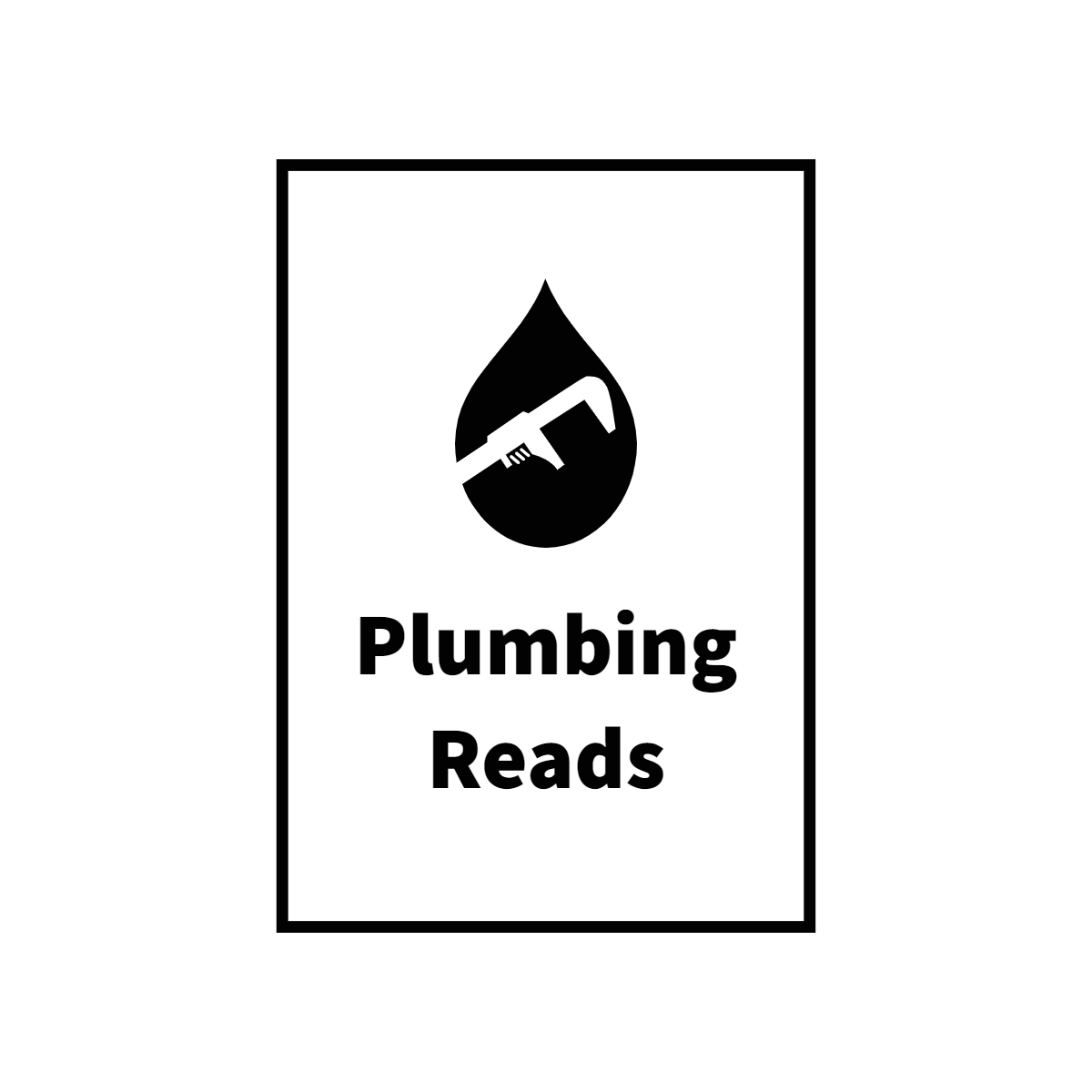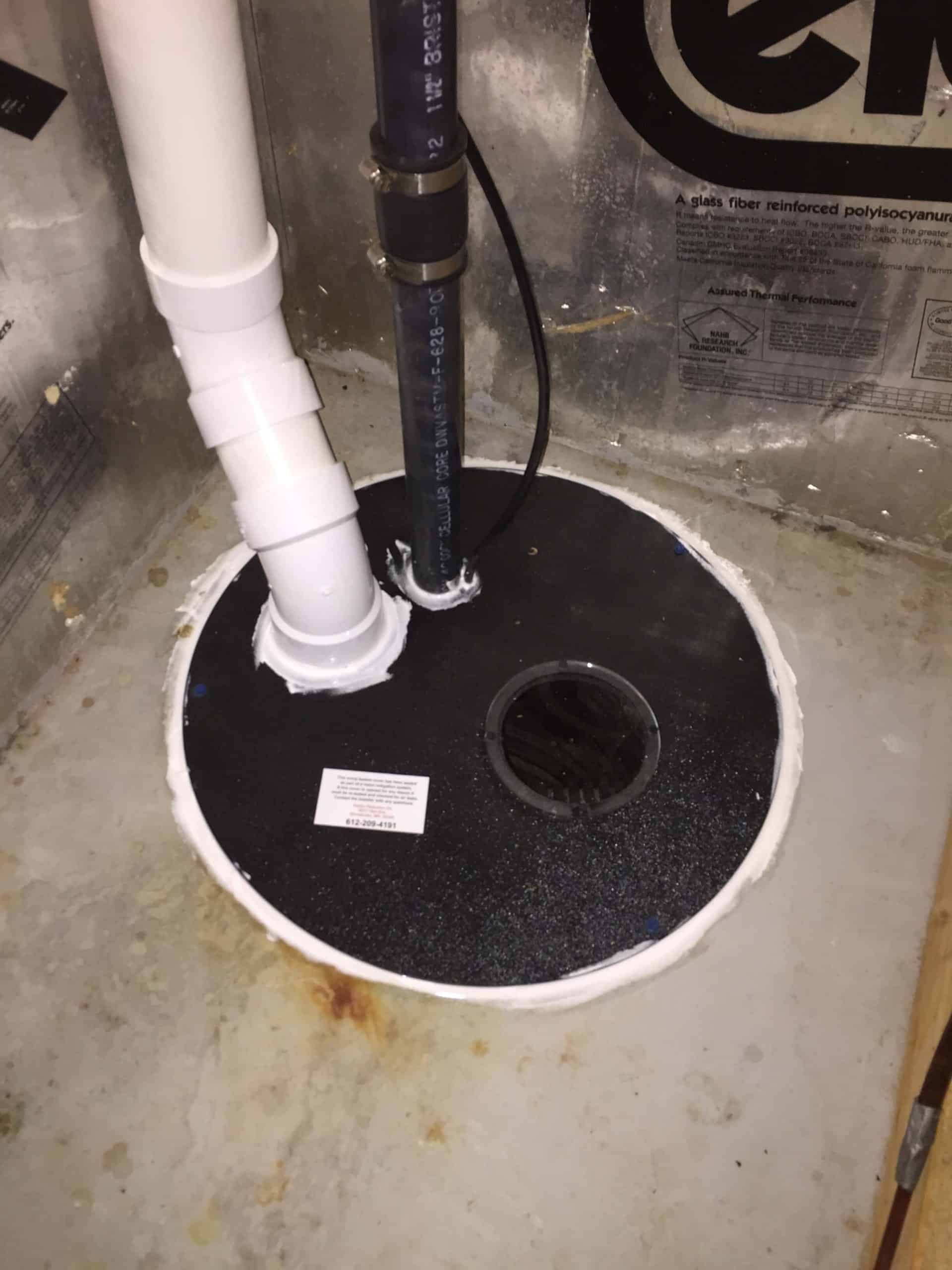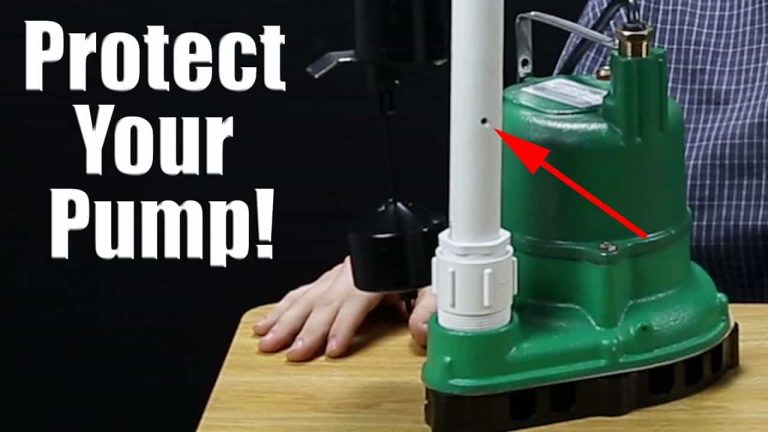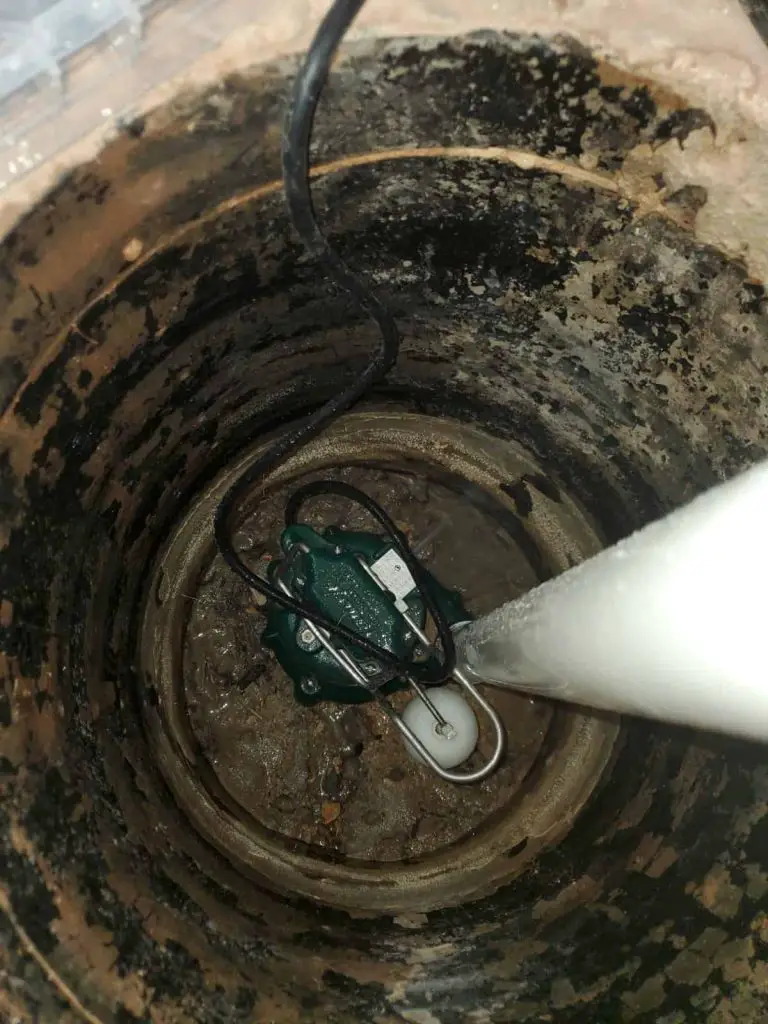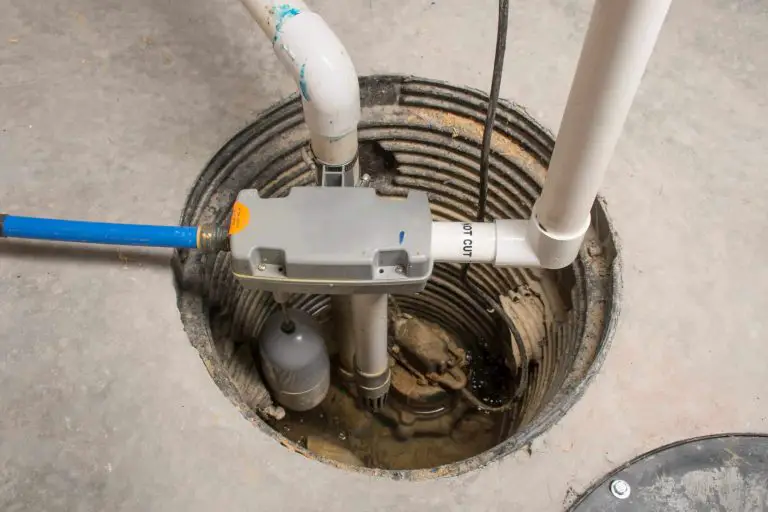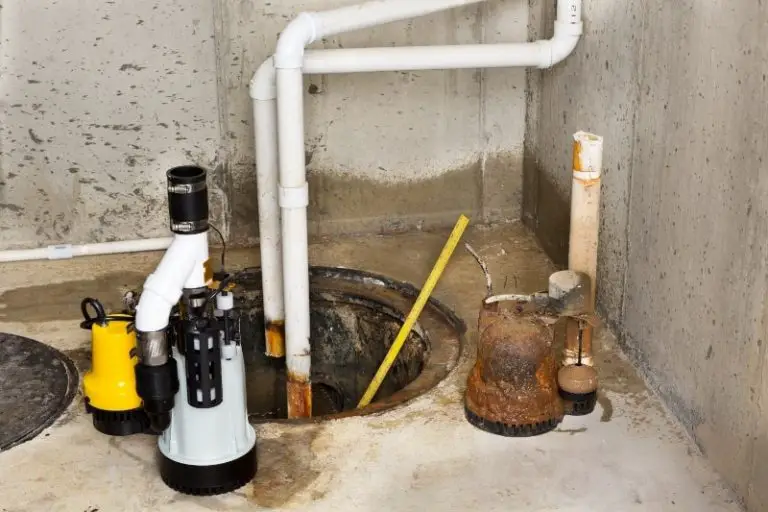Do You Need Sump Pump for Fha
If you’re thinking about buying a home with an FHA loan, you may be wondering if you need to get a sump pump. Here’s what you need to know about sump pumps and FHA loans.
A sump pump is a device that is installed in the lowest point of your basement or crawlspace.
Its purpose is to remove water that has accumulated in the area, which can help prevent flooding and damage to your home.
If you’re wondering whether or not you need a sump pump for your FHA loan, the answer is probably no. While some lenders may require a sump pump as part of the loan process, most don’t. So, if you don’t have one already, there’s no need to worry about getting one installed before your loan closes.
SumpPumpGeeks "Happy" $59 Service for 1st Time Customers!
Fha Vapor Barrier Requirement
If you’re thinking about purchasing a home, you may be wondering what the FHA vapor barrier requirement is. Here’s what you need to know.
What is a vapor barrier?
A vapor barrier is a material that helps prevent moisture from passing through walls or ceilings. In homes, a vapor barrier is usually located between the innermost layer of drywall and the insulation.
Why does the FHA require a vapor barrier?
The FHA requires a vapor barrier in order to protect against condensation and mold growth. A properly installed vapor barrier can also help improve your home’s energy efficiency by preventing warm air from escaping through the walls or ceiling.
How do I know if my home has a vapor barrier?
You can usually tell if there’s a vapor barrier present by looking for an attached sheet of polyethylene film or foil on the underside of your home’s roof sheathing.
Fha Crawl Space Requirements 2022
If you’re thinking of buying a home with an FHA loan in 2022, you’ll need to meet some new requirements. In particular, the Federal Housing Administration is changing its rules about crawl spaces. Here’s what you need to know.
The FHA currently requires that all homes have a “minimum livable floor area.” This means that your home must have enough space for a person to live comfortably. The problem is, this rule doesn’t specifically address crawl spaces.
As a result, some lenders have been requiring borrowers to get rid of their crawl spaces altogether.
Starting in 2022, however, the FHA will require all homes with crawl spaces to have them inspected by a qualified professional. The inspector will make sure that the space meets certain standards, including having proper ventilation and being free of any water damage or mold growth.
Once the space has been approved, it will be added to the home’s minimum livable floor area calculation.
This change should make it easier for borrowers to qualify for an FHA loan and should also help keep properties in good condition over time. If you’re thinking of buying a home with an FHA loan, be sure to ask about the requirements for crawl spaces so you can plan accordingly.
Fha Guideline Updates
The Federal Housing Administration (FHA) has recently released updated guidance on several of its key loan requirements. These changes, which go into effect on September 14, 2015, include new rules regarding:
– Minimum credit scores
– Down payment requirements
– Debt-to-income ratios (DTI)
Here’s a closer look at each of these areas:
Minimum Credit Scores: The minimum credit score required for an FHA loan is now 500 for all borrowers. This is a significant change from the previous minimum requirement of 580. However, it’s important to note that this only applies to loans with a down payment of 10% or less.
For loans with a down payment of more than 10%, the minimum credit score remains at 580.
Down Payment Requirements: The minimum down payment required for an FHA loan is now 3%. This is a significant change from the previous minimum requirement of 3.5%.
However, it’s important to note that this only applies to loans with a credit score of 580 or higher. For loans with a credit score below 580, the minimum down payment remains at 3.5%.
Debt-to-Income Ratios (DTI): The maximum debt-to-income ratio allowed for an FHA loan is now 50%.
This means that your total monthly debt payments (including your mortgage payment) can be no more than 50% of your monthly income. This is a slight increase from the previous maximum DTI ratio of 45%.
Fha Updates 2021
The Federal Housing Administration (FHA) has announced several changes to its mortgage insurance programs for the new year. These include:
– Raising the annual premium for most borrowers by 0.10%.
The new premium will be 1.35% of the loan amount, up from 1.25%.
– Eliminating the upfront premium for loans with terms greater than 15 years (i.e., 30-year and 25-year loans). Borrowers who choose these loan terms will still pay the annual premium, but they will no longer have to pay an upfront fee at closing.
– Lowering the maximum loan-to-value ratio for cash-out refinance loans from 85% to 80%. This means that borrowers who want to take cash out of their home equity will need to have at least 20% equity remaining after the transaction.
These changes are scheduled to go into effect on January 26, 2021.
Fha Handbook 4000.1 Crawl Space Requirements
If you’re thinking about buying a home with an FHA loan, you must meet several minimum property standards. These standards are outlined in the FHA Handbook 4000.1, and they include requirements for things like the condition of the home’s structure, its electrical system, and its plumbing.
One of the most important requirements is that the home have a crawl space that meets certain specifications.
The crawl space must be at least 18 inches high and 30 inches wide, it must be free of debris, and it must have proper ventilation. If your potential new home doesn’t meet these criteria, you may need to have the crawl space repaired or replaced before you can move forward with your FHA loan.
Fha Permanent Heat Source
If you’re looking for a permanent heat source for your home, the Federal Housing Administration (FHA) has several options available. The most common type of permanent heat source is a furnace, but other options include boilers, wood stoves, and pellet stoves.
Furnaces are powered by natural gas, propane, oil, or electricity, and can be used to heat your entire home or just one room.
Boilers work similarly to furnaces, but they use hot water instead of hot air to heat your home. Wood stoves and pellet stoves are also popular choices for permanent heat sources.
No matter what type of permanent heat source you choose, the FHA has guidelines that must be followed in order to qualify for financing.
For example, all furnaces must be vented to the outside of the home and have an automatic shut-off in case of fire. Some states also have additional requirements that must be met before financing can be approved.
If you’re thinking about installing a permanent heat source in your home, talk to your lender about FHA guidelines and see if you qualify for financing.
Fha Flat Roof Guidelines
If you’re thinking about purchasing a home with a flat roof, there are some things you should know. The Federal Housing Administration (FHA) has specific guidelines for homes with flat roofs, and these guidelines can affect your ability to get financing.
Here’s what you need to know about FHA guidelines for homes with flat roofs.
Flat roofs must have a minimum pitch of 1/4″ per foot
The roof must be designed and constructed to drain water effectively
There must be no ponding areas on the roof where water can accumulate
The roof membrane must be in good condition with no cracks or holes
All flashing and penetrations must be sealed properly
Hud Heating Requirements
The Department of Housing and Urban Development (HUD) has specific requirements for the heating systems in homes that they insure. These requirements are in place to ensure that the homes are safe and comfortable for the occupants.
The minimum standards for heating systems are as follows:
• The system must be able to maintain a temperature of 68 degrees Fahrenheit in all habitable rooms.
• The system must have an automatic shut-off mechanism to prevent overheating.
• The system must be properly ventilated to prevent the build-up of dangerous gases.

Credit: sacramentoappraisalblog.com
What Things Will Fail an Fha Inspection?
If you’re thinking of purchasing a home with an FHA loan, you must be aware that the home must go through an FHA appraisal. The appraisal is different from a regular home inspection in that it’s more focused on the property’s value and potential risks to the lender. Here are some things that could fail an FHA appraisal:
1. The property doesn’t meet minimum safety standards – This is probably the most important thing that could fail an appraisal. The appraiser will check for things like proper wiring, functioning smoke detectors, and adequate stair railings. If the property fails to meet these standards, it will not be approved for an FHA loan.
2. There are significant repairs needed – Another reason a property might not pass muster is if there are significant repairs needed. This could be anything from a faulty roof to water damage in the basement. If the cost of repairs would exceed what the borrower is willing to pay, then the deal can fall apart at this stage.
3. The appraised value comes in lower than expected – In order for a loan to be approved, the appraised value of the property must come in at or above the purchase price. If it falls short, then either the buyer or seller will need to make up the difference before moving forward with the sale.
4. The home doesn’t have all required documentation – In order for an appraisal to be completed, certain documentation must be provided upfront such as surveys and homeowner association documents (if applicable).
If these items are missing, it could delay or even derail financing altogether.
5 .The house isn’t adequately insured – One final thing that can scuttle a deal is if it’s discovered that the house isn’t adequately insured .
This usually comes up when there’s been a recent natural disaster in the area and insurers have become skittish about writing new policies or renewing existing ones . If this isthe case ,the buyer may need to find alternative financing options .
What Appliances are Needed for Fha?
If you’re looking to buy a home with an FHA loan, you’ll need to choose from a list of approved appliances. This gives the lender confidence that your home meets their standards for safety and habitability. Here’s a quick rundown of what you’ll need:
-A stove or cooktop that is properly vented to the outside. This can be either gas or electric, but it must be in good working condition with no missing parts.
-An oven that is also vented to the outside.
Again, this can be either gas or electric, but it must be in good working condition.
-A functional and properly installed range hood that ventilates cooking fumes to the outside.
-A refrigerator that is sized appropriately for the home and is in good working condition.
It must have a freezer compartment as well.
-A washer and dryer set that is appropriate for the size of the home and is in good working condition. You may be able to get by with just a washer if space is limited, but a dryer will be required if you have one.
. If your laundry area is located in the garage, it must have proper ventilation to the outside.
Will Fha Approve a House With Foundation Issues?
Foundation damage is one of the leading causes of failure for FHA loan approval. In order for a home to be eligible for an FHA loan, it must have a solid foundation that can support the weight of the structure. If there are foundation issues present, they will need to be repaired before the loan can be approved.
There are a few different ways that foundation damage can occur. The most common way is from water infiltration. When water seeps into the soil around the foundation, it can cause the soil to expand and put pressure on the foundation walls.
This can lead to cracks in the walls or even complete collapse of the foundation. Foundation damage can also occur from poor construction practices or from settling of the ground under the foundation.
If you are looking to purchase a home with an FHA loan and there are known foundation issues, your best bet is to ask for repairs to be made before you move forward with the purchase.
The lender may require an inspection by a licensed engineer to assess the damage and determine if repairs are necessary. Once repairs have been made, you should then be able to proceed with getting your FHA loan approved.
Does Fha Require a Vapor Barrier?
No, FHA does not require a vapor barrier.
Conclusion
If you’re getting an FHA loan, you may be wondering if you need a sump pump. Here’s what you should know.
A sump pump is a device that helps to remove water from your basement or crawlspace by pumping it out of the area and away from your home.
If you live in an area with high water table levels or are at risk for flooding, having a sump pump can help to protect your home from water damage.
While not required by the FHA, if you do have a sump pump, it must meet certain standards in order to be approved for financing. For example, the sump pit must be properly sized and installed according to local building codes.
Additionally, the discharge pipe from the pump must be directed away from your home in order to prevent any backflow of water.
If you’re considering getting an FHA loan and have questions about whether or not you need a sump pump, be sure to talk to your lender for more information.
